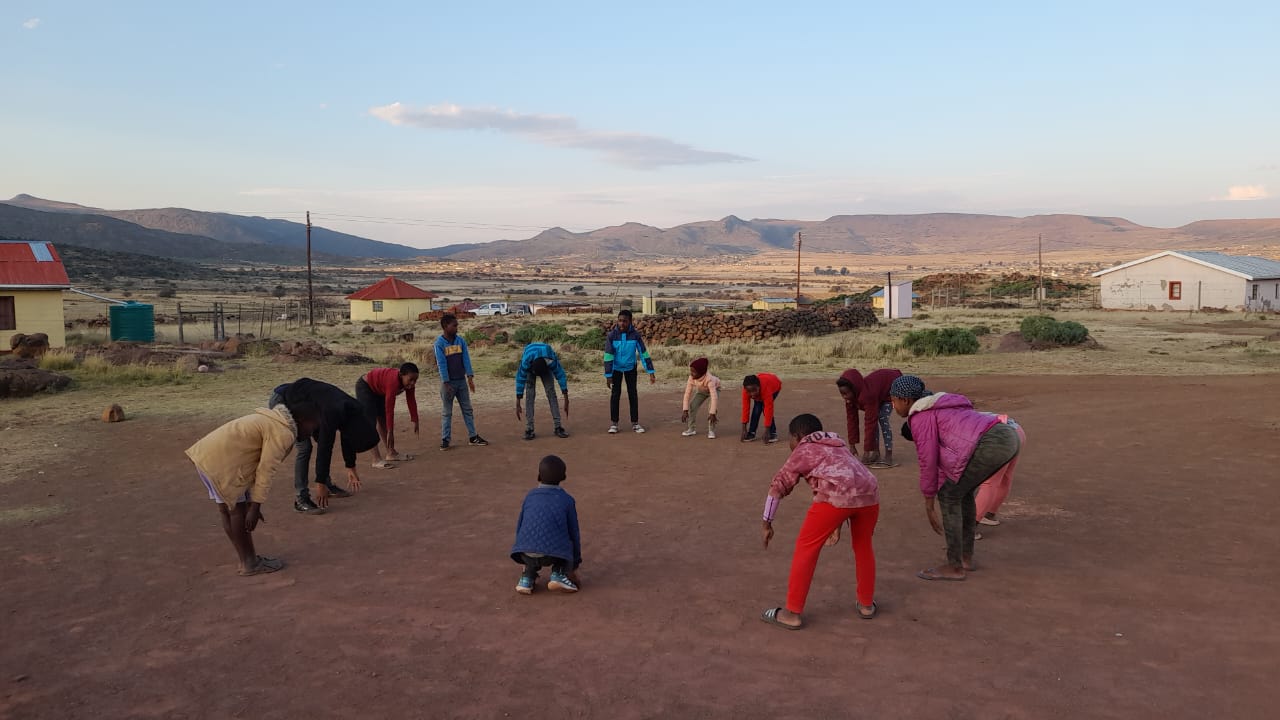In East London, a group of children are giggling their way through an isiXhosa book, being read to them by their ECD teacher. In Queenstown, a “story sparker” is listening to a young boy retelling a story that he had been read, in his own words. These children and adults have all been part of the Yizani Sifunde (Come, let’s read) project - a special reading and early literacy intervention project.
The Yizani Sifunde project, funded by The Liberty Community Trust (LCT), has brought together three organisations - Book Dash, Nal’ibali, and Wordworks - to tackle the challenge of addressing the literacy crisis, specifically in the Eastern Cape. These organisations may have different visions, but they share a common goal: to transform the landscape of literacy by providing books, training, and mentorship to young children and the adults who care for them.
The Innovation Fellowship aims to further develop the kind of innovative and collaborative leadership that shines through in Yizani Sifunde. Wordworks, one of the partners in Yizani Sifunde, participated in this Fellowship.
Where it all began
This journey began, when each organisation applied for funding, separately. Recognising the potential for synergy, LCT put out a challenge - form a consortium to pool efforts and create a comprehensive solution to the literacy crisis. Embracing this challenge, the organisations joined forces to leverage their distinct skills and experiences.
Wordworks focuses on training ECD practitioners through their implementing partners, ITEC and Khululeka, and offers resources both for the classroom and for the parents to use at home. Book Dash provides high-quality books to ECD centres, partner organisations, reading clubs, and for children to own. Nal’ibali contributes to classroom support, community activations, reading club incubation, and media campaigns. As Nal’ibali states on their website, “collaborations yield the best success when partners do what they do best.” The result was a project with the potential to impact countless children, ECD practitioners, and communities in South Africa while providing a blueprint for early literacy interventions nationwide.

On the ground
In practice, the project operates in the Eastern Cape. In the last three years, it has reached 127 ECD centres and 2,971 children. It includes ECD storytime sessions, reading clubs led by “story sparkers” or by community volunteers, and the distribution of books to children.
An important aspect of this project has been a dedicated implementing team, who are not affiliated to either of the organisations specifically. This has ensured the project runs smoothly, without either organisation struggling to juggle their own work alongside the collaborative project.
Lessons have been learnt over the three years and constant reflection is needed to assess what is working and what needs to adapt. The impact of the project is tangible with practitioners reporting transformative changes in their approach to teaching and parents becoming more engaged in literacy activities with their children. The importance of collaboration Yizani Sifunde serves as a shining example of how collaboration can drive positive change in the literacy sector. It highlights the potential for partnerships to create a collective force for change.
As the project continues to evolve and adapt, it’s clear that the lessons learned extend far beyond its immediate scope. The entire literacy sector can draw inspiration from the project, encouraging more collaborative efforts, clarifying roles to avoid duplication, identifying opportunities for thought leadership, fostering partnerships with funders as thinking partners. In the midst of South Africa’s literacy crisis, Yizani Sifunde reminds us that collaboration is essential when all working towards a common goal.
This article was originally published on DGMT Innovation Fellowship Linkedin account
